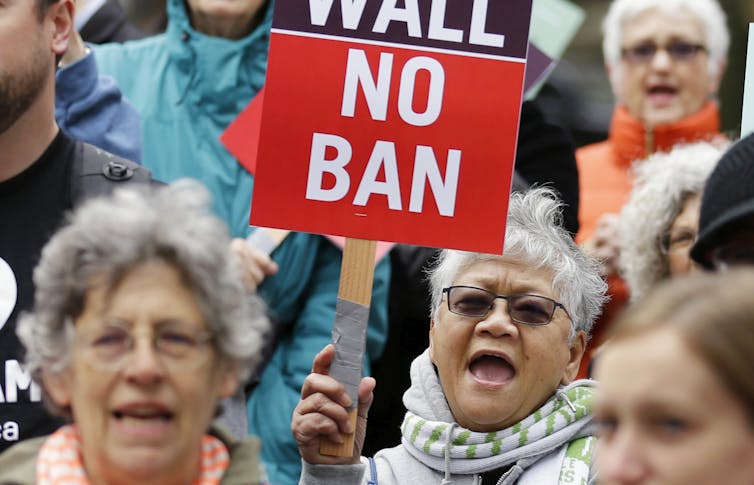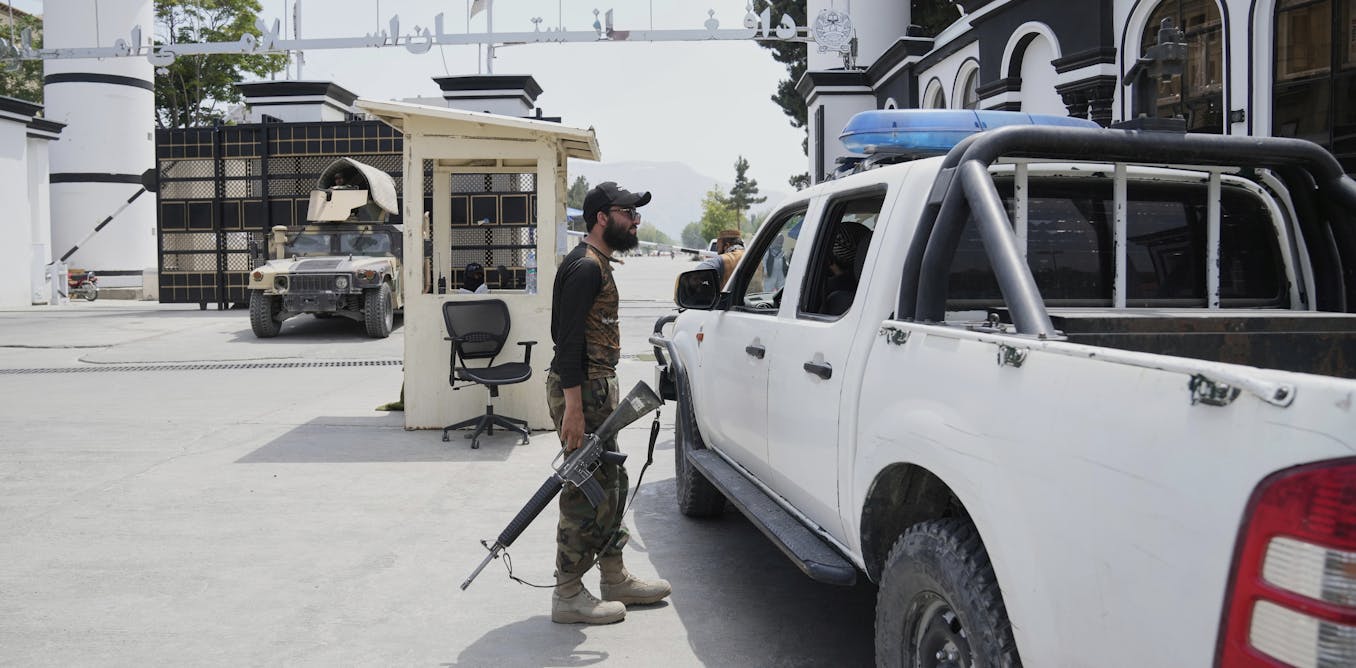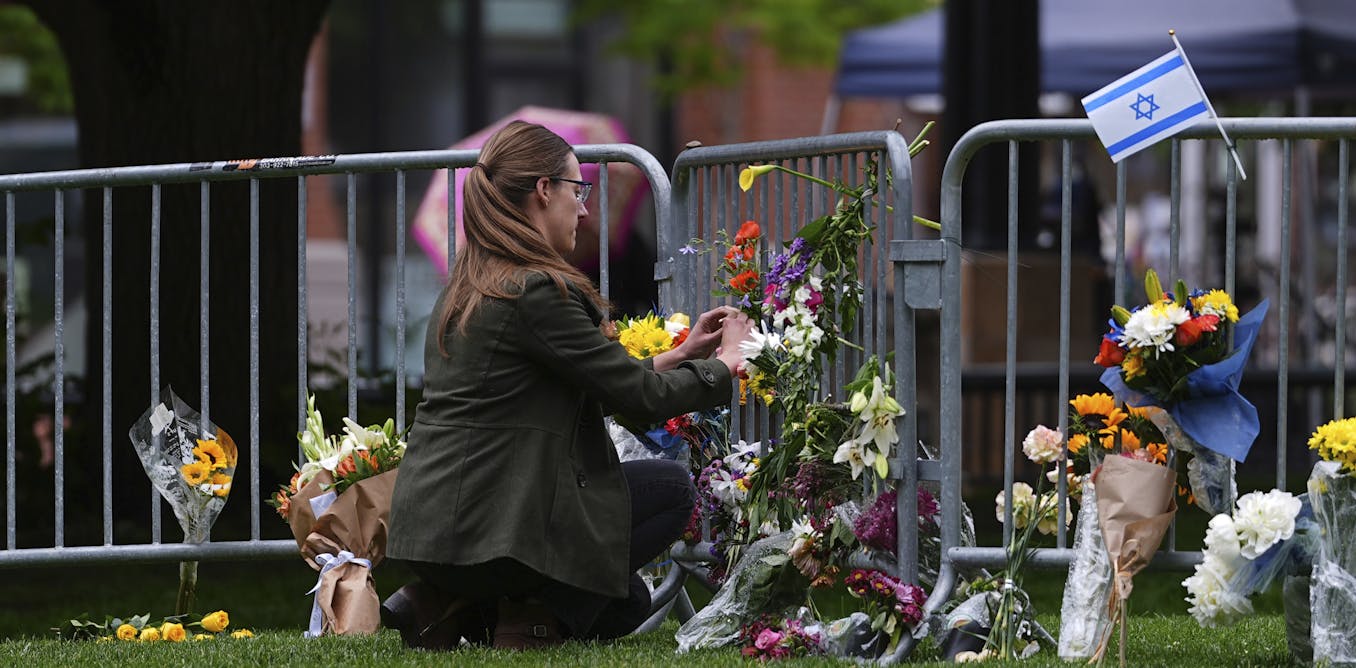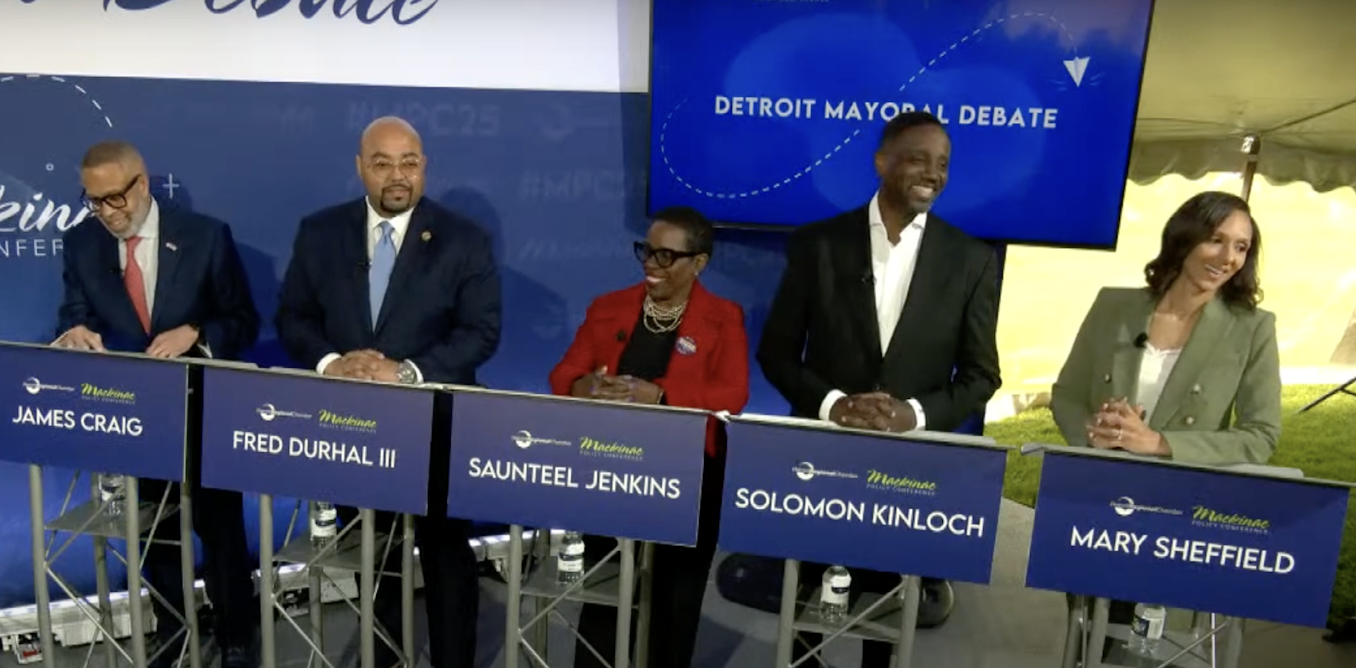The Trump administration on June 4, 2025, announced travel restrictions targeting 19 countries in Africa and Asia, including many of the world’s poorest nations. All travel is banned from 12 of these countries, with partial restrictions on travel from the rest.
The presidential proclamation, entitled “Restricting the Entry of Foreign Nationals to Protect the United States from Foreign Terrorists and Other National Security and Public Safety Threats,” is aimed at “countries throughout the world for which vetting and screening information is so deficient as to warrant a full or partial suspension on the entry or admission of nationals from those countries.”
In a video that accompanied the proclamation, President Donald Trump said: “The recent terror attack in Boulder, Colorado, has underscored the extreme dangers posed to our country by the entry of foreign nationals who are not properly vetted.”
The latest travel ban reimposes restrictions on many of the countries that were included on travel bans in Trump’s first term, along with several new countries.
But this travel ban, like the earlier ones, will not significantly improve national security and public safety in the United States. That’s because migrants account for a minuscule portion of violence in the U.S. And migrants from the latest travel ban countries account for an even smaller portion, according to data that I have collected. The suspect in Colorado, for example, is from Egypt, which is not on the travel ban list.
As a scholar of political sociology, I don’t believe Trump’s latest travel ban is about national security. Rather, I’d argue, it’s primarily about using national security as an excuse to deny visas to nonwhite applicants.
Terrorism and public safety
In the past five years, the U.S. has witnessed more than 100,000 homicides. Political violence by militias and other ideological movements accounted for 354 fatalities, according to an initiative known as the Armed Conflict Location & Event Data, which tracks armed conflict around the world. That’s less than 1% of the country’s homicide victims. And foreign terrorism accounted for less than 1% of this 1%, according to my data.
The Trump administration says the U.S. cannot appropriately vet visa applicants in countries with uncooperative governments or underdeveloped security systems. That claim is false.
The State Department and other government agencies do a thorough job of vetting visa applicants, even in countries where there is no U.S. embassy, according to an analysis by the CATO Institute.
The U.S. government has sophisticated methods for identifying potential threats. They include detailed documentation requirements, interviews with consular officers and clearance by national security agencies. And it rejects more than 1 in 6 visa applications, with ever-increasing procedures for detecting fraud.
AP Photo/Kathy Willens
The thoroughness of the visa review process is evident in the numbers.
Authorized foreign-born residents of the U.S. are far less likely than U.S.-born residents to engage in criminal activity. And unauthorized migrants are even less likely to commit crimes. Communities with more migrants – authorized and unauthorized – have similar or slightly lower crime rates than communities with fewer migrants.
If vetting were as deficient as Trump’s executive order claims, we would expect to see a significant number of terrorist plots from countries on the travel ban list. But we don’t.
Of the 4 million U.S. residents from the 2017 travel ban countries, I have documented only four who were involved in violent extremism in the past five years.
Two of them were arrested after plotting with undercover law enforcement agents. One was found to have lied on his asylum application. One was an Afghan man who killed three Pakistani Shiite Muslim immigrants in New Mexico in 2022.
Such a handful of zealots with rifles or homemade explosives can be life-altering for victims and their families, but they do not represent a threat to U.S. national security.
Degrading the concept of national security
Trump has been trying for years to turn immigration into a national security issue.
In his first major speech on national security in 2016, Trump focused on the “dysfunctional immigration system which does not permit us to know who we let into our country.”
His primary example was an act of terrorism by a man who was born in the U.S.
The first Trump administration’s national security strategy, issued in December 2017, prioritized jihadist terrorist organizations that “radicalize isolated individuals” as “the most dangerous threat to the Nation” – not armies, not another 9/11, but isolated individuals.
If the travel ban is not really going to improve national security or public safety, then what is it about?

AP Photo/Ted S. Warren
Linking immigration to national security seems to serve two long-standing Trump priorities. First is his effort to make American more white, in keeping with widespread bias among his supporters against nonwhite immigrants.
Remember Trump’s insults to Mexicans and Muslims in his escalator speech announcing his presidential campaign in 2015. He has also expressed a preference for white immigrants from Norway in 2018 and South Africa in 2025.
Trump has repeatedly associated himself with nationalists who view immigration by nonwhites as a danger to white supremacy.
Second, invoking national security allows Trump to pursue this goal without the need for accountability, since Congress and the courts have traditionally deferred to the executive branch on national security issues.
Trump also claims national security justifications for tariffs and other policies that he has declared national emergencies, in a bid to avoid criticism by the public and oversight by the other branches of government.
But this oversight is necessary in a democratic system to ensure that immigration policy is based on facts.




